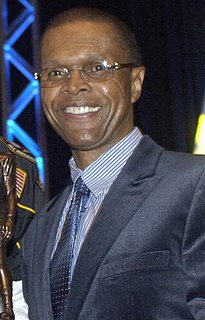A Quote by Yukio Mishima
We live in an age in which there is no heroic death.
Related Quotes
We are very lucky to be living in an age in which we are still making discoveries. It is like the discovery of America-you only discover it once. The age in which we live is the age in which we are discovering the fundamental laws of nature, and that day will never come again. It is very exciting, it is marvelous, but this excitement will have to go.
Oh and I thought, as i was dressing, how interesting it would be to describe the approach of age, and the gradual coming of death. As people describe love. To note every symptom of failure: but why failure? To treat age as an experience that is different from the others; and to detect every one of the gradual stages towards death which is a tremendous experience, an not as unconscious, at least in its approaches, as death is.
But how to know the falsity of death? How can we know there is no death? Until we know that, our fear of death will not go either. Until we know the falsity of death, our lives will remain false. As long as there is fear of death, there cannot be authentic life. As long as we tremble with the fear of death, we cannot summon the capacity to live our lives. One can live only when the shadow of death has disappeared forever. How can a frightened and trembling mind live? And when death seems to be approaching every second, how is it possible to live? How can we live?
The Social Security program is a pact between workers and their employers that they will contribute to a common fund to ensure that those who are no longer part of the work force will have a basic income on which to live. It represents our commitment as a society to the belief that workers should not live in dread that a disability, death, or old age could leave them or their families destitute.
I know that as a very young child, I was afraid of death. Many children become aware of the notion of death early and it can be a very troubling thing. We're all in this continuum: I'm this age now, and if I live long enough I'll be that age. I was 20 once, I was 10, I was 4. People who are 20 now will be 50 one day. They don't know that! They know it in the abstract, but they don't know it. I'd like them to know it, because I think it gives you compassion.
The conquest of the fear of death is the recovery of life's joy. One can experience an unconditional affirmation of life only when one has accepted death, not as contrary to life, but as an aspect of life. Life in its becoming is always shedding death, and on the point of death. The conquest of fear yields the courage of life. That is the cardinal initiation of every heroic adventure - fearlessness and achievement.


































